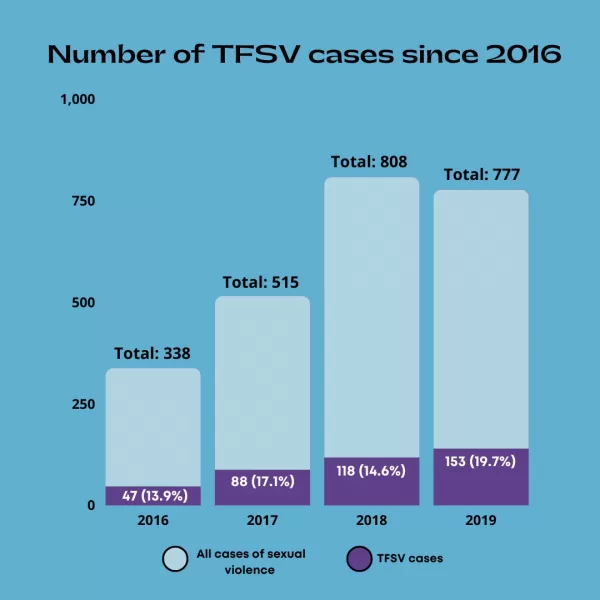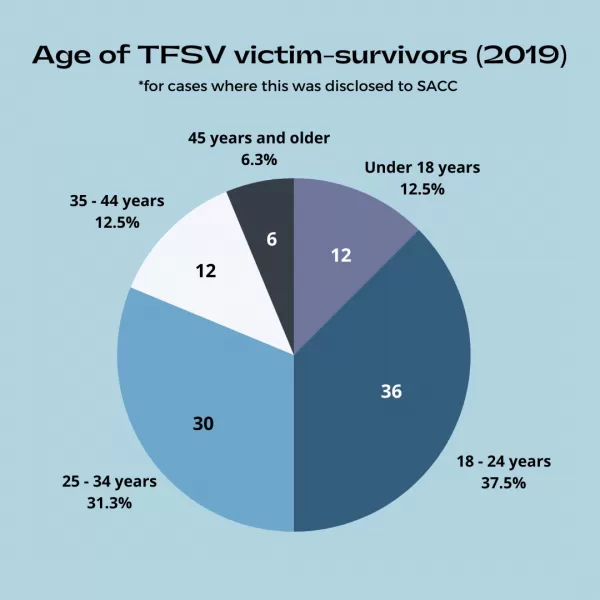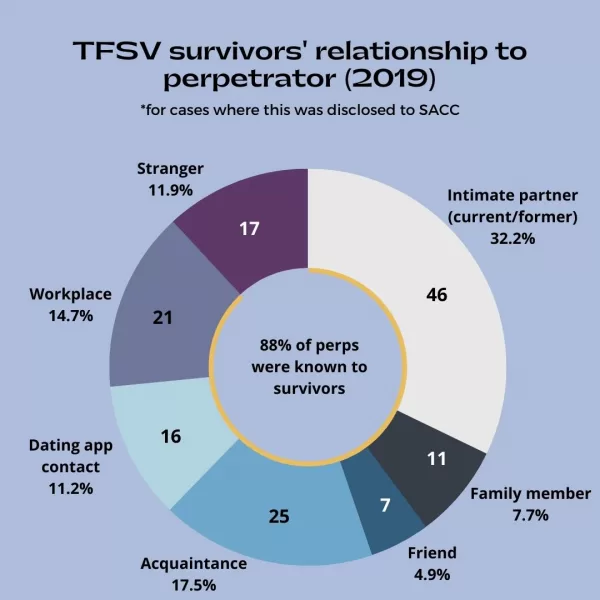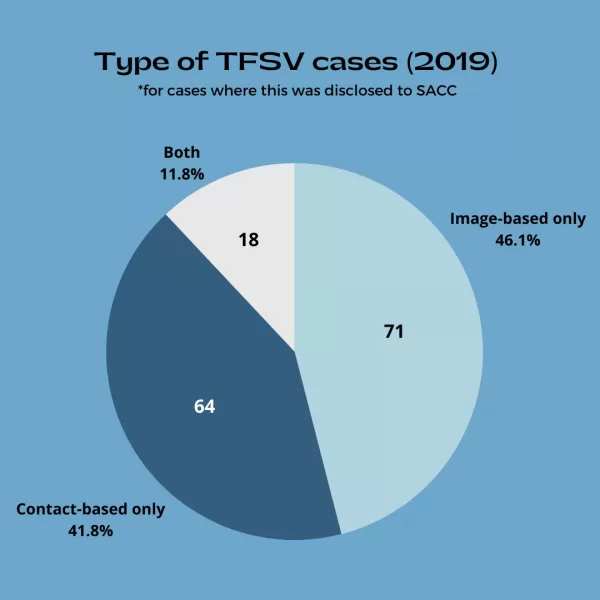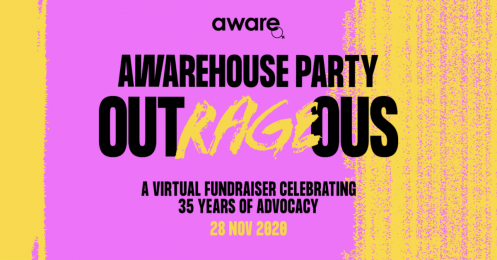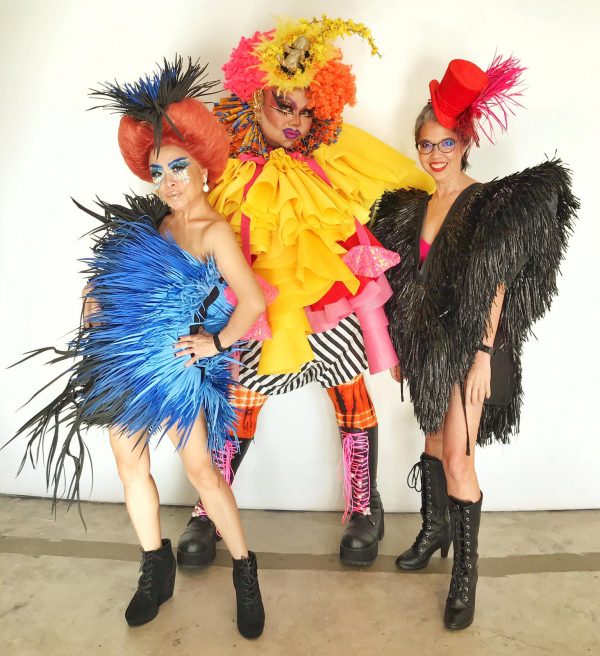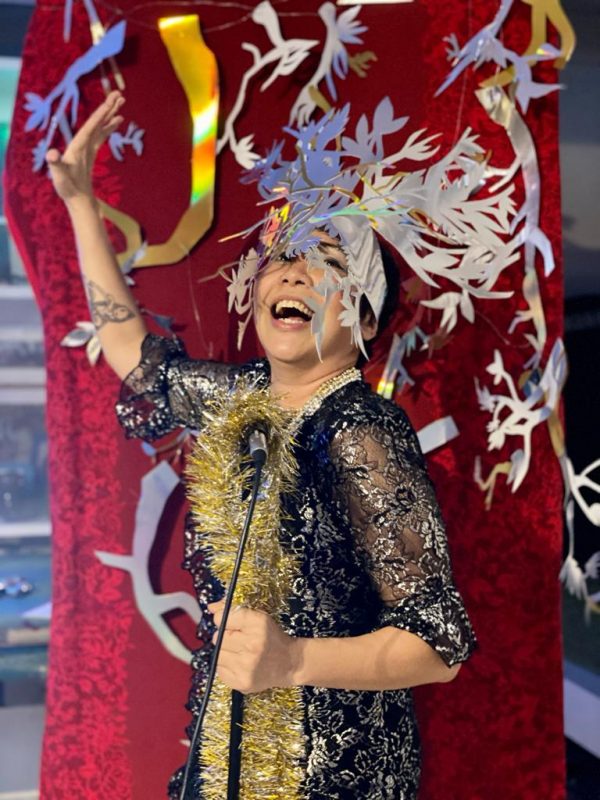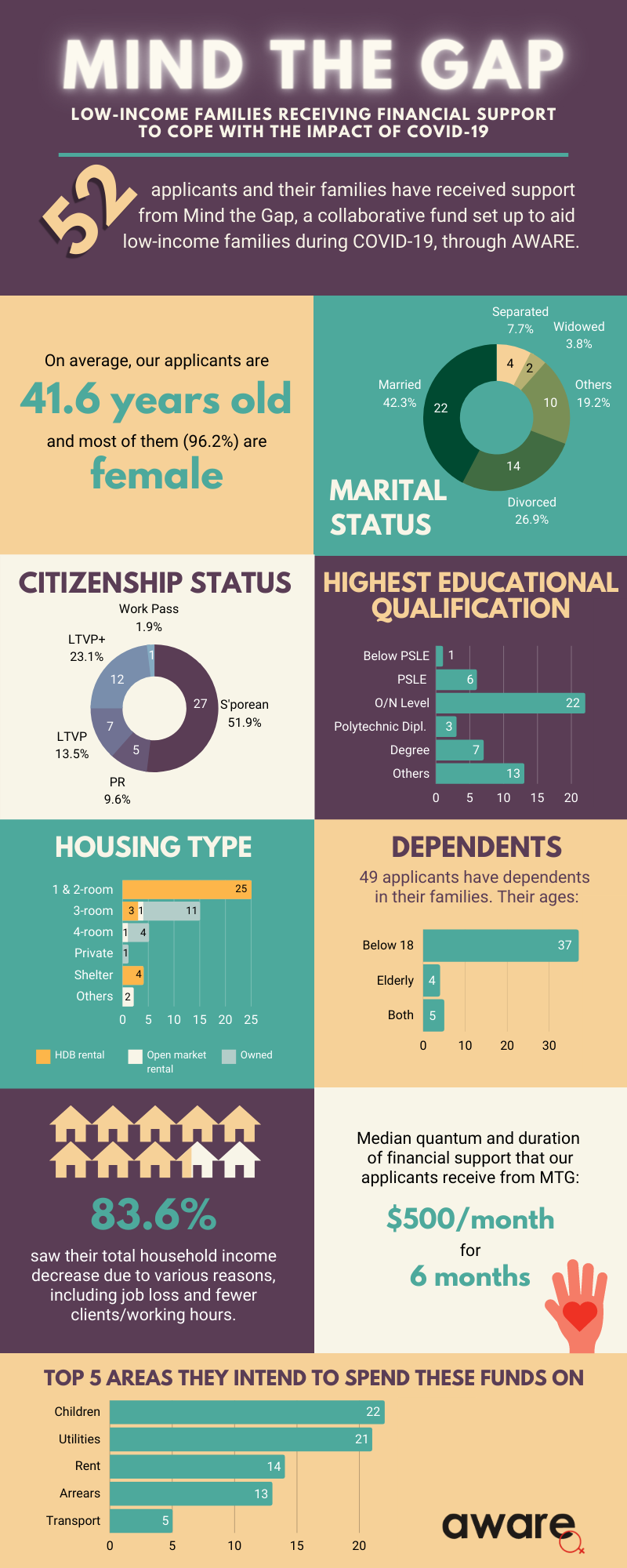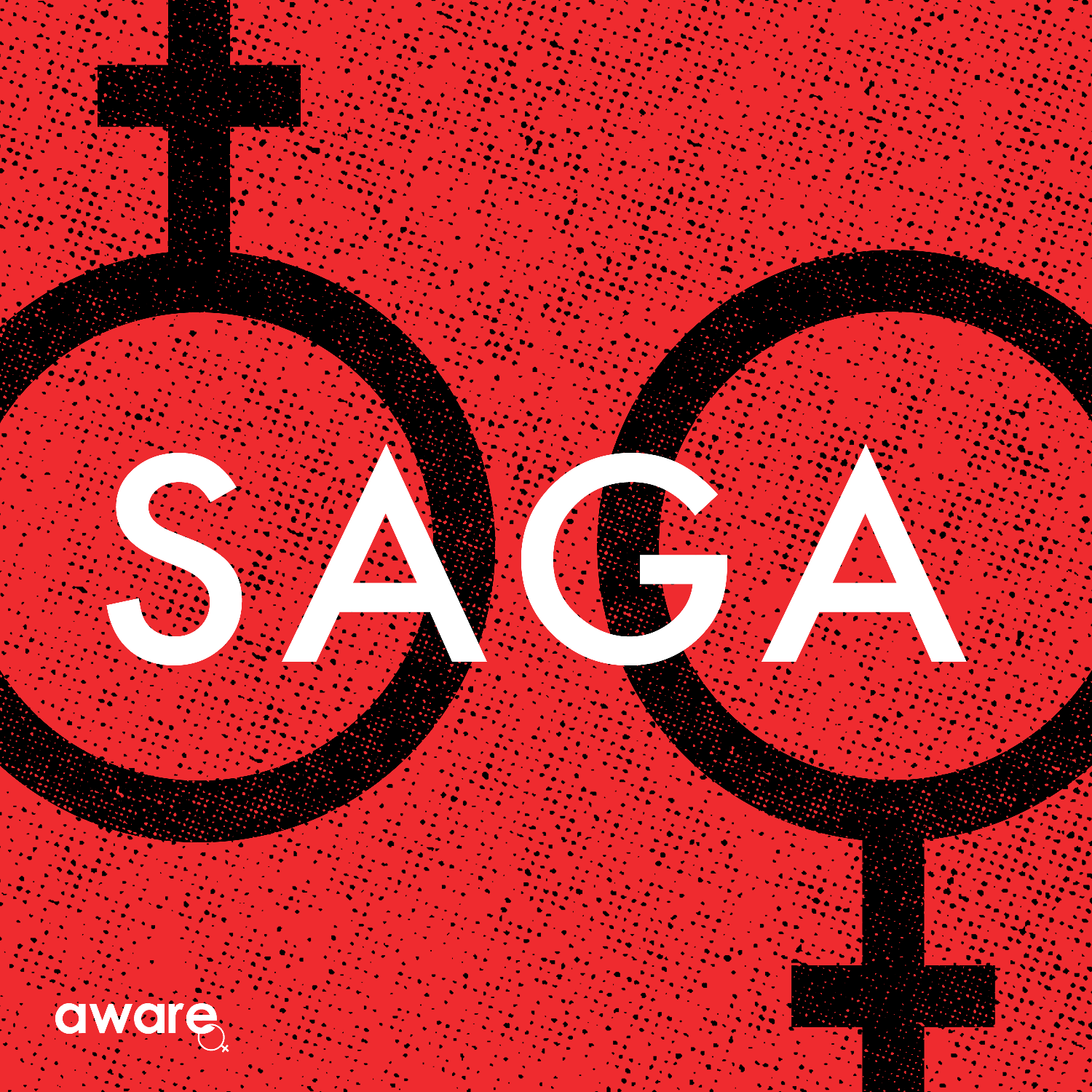
This post was originally published as a press release on 9 December 2020.
At 7pm this evening, gender-equality group AWARE launches Saga, a 12-episode podcast about the 2009 AWARE Saga.
Saga is the first podcast produced by the association. It is also the first-ever long-form narrative podcast produced in Singapore. Saga is hosted by veteran journalist Bharati Jagdish and written and produced by Jasmine Ng and Kelly Leow, with an original score by Singapore band .gif. While the first two episodes of the podcast are available today on Spotify, Apple Podcasts and Google Podcasts, the next 10 episodes will be released over the following weeks in December 2020 and January 2021.
The “AWARE Saga” was the name colloquially given to the events of March, April and May 2009, which were widely covered in local media and remain a major landmark in Singapore civil society history. At an Annual General Meeting on 28 March 2009, a group of new members were elected onto the executive committee of AWARE, effectively taking control of the then 24-year-old organisation. It was subsequently revealed that many of the new executive committee were members of the same church, and that they had taken over AWARE largely due to their objections to the organisation’s sexuality education programme. On 2 May 2009, around 3,000 women and men attended an Extraordinary General Meeting, during which a vote of no confidence was held. The new executive committee lost the vote and stepped down, returning AWARE to the leadership of long-time members.
“As someone who was directly involved in the effort to requisition AWARE back in 2009, I was glad to be a part of this important project,” said Ms Margaret Thomas, AWARE founding member and current president. “We seldom put in the effort to document and reflect upon our local histories; this is especially true for the histories of women and other marginalised communities. If we do not record our history, we won’t be able to examine and discuss the lessons of the past, and this can hinder our progress as a culture.
“With this podcast, the producers have found a way to capture a valuable oral history in intimate detail and texture, and present it accessibly to the public. I’m pleased that this incident—which was, for many of us, life-changing—has been explored in detail and with care and consideration for the various perspectives involved.”
Saga was produced over the course of two years. Around 50 individuals were interviewed for the podcast. Notable voices include former AWARE presidents Constance Singam, Kanwaljit Soin and Dana Lam, celebrities Pam Oei and Irene Ang, and thought-leaders such as Tommy Koh, Teo You Yenn, Gillian Koh, Imran Taib, Siew Kum Hong and Tong Yee.
The podcast’s creators said that their aims were to examine the impacts of the AWARE Saga on Singapore, and spark deep conversations about the issues at hand. They noted that, while the AWARE Saga took place over a decade ago, those issues have only grown in relevance.
“Saga was an extremely exciting and ambitious project,” said Ms Jasmine Ng, co-producer, “not just because of the relative newness of the podcasting medium in Singapore, but because of the richness of the issues evoked by the AWARE Saga. By exploring themes like feminism, LGBTQ rights, sex education and the role of religion in the public square, Saga covers subject matter that has historically been deemed ‘sensitive’. Yet shying away from those topics just because they are complex will only reinforce existing societal divides.
“We believe that mature, open dialogue is the best way to bridge those divides and come to a place of mutual understanding. Our hope is that listeners of all stripes use Saga as an occasion to engage each other in meaningful, holistic conversations.”
Series Synopsis: March 2009: When 100 strangers arrive at a run-of-the-mill meeting for Singapore gender-equality group AWARE, long-time members sense that something is wrong. Who are the mysterious women wresting control of this respected volunteer organisation? And what disturbing secret unites them? What happens next becomes the stuff of national legend: starting with an astonishing coup and culminating in an extraordinary declaration of equality and justice. Welcome to the AWARE Saga. aware.org.sg/saga





